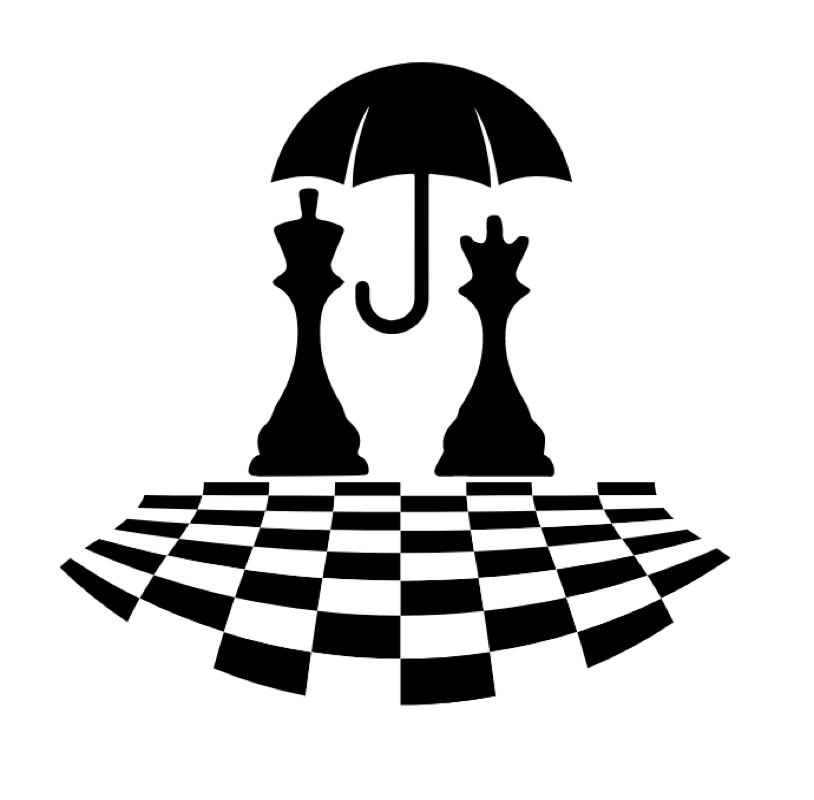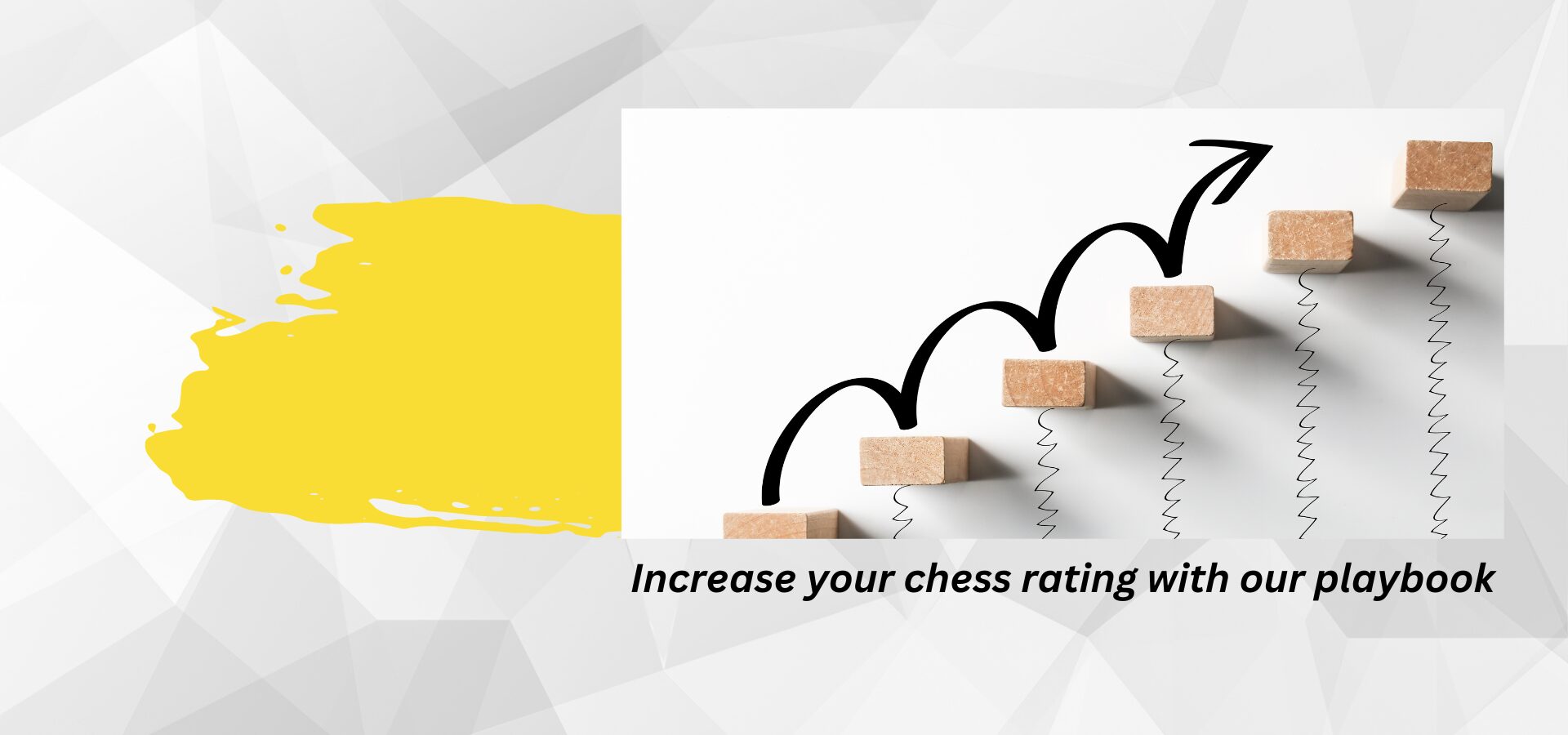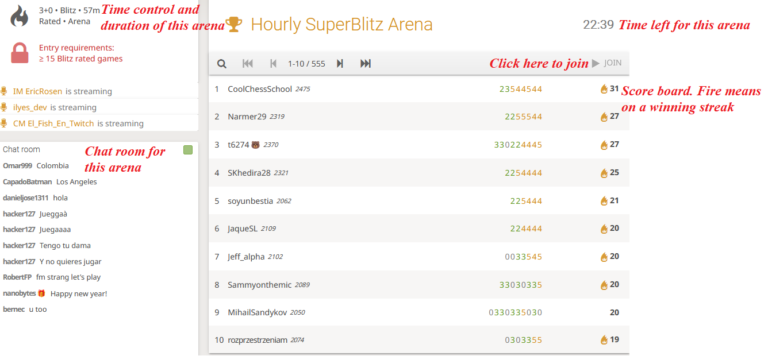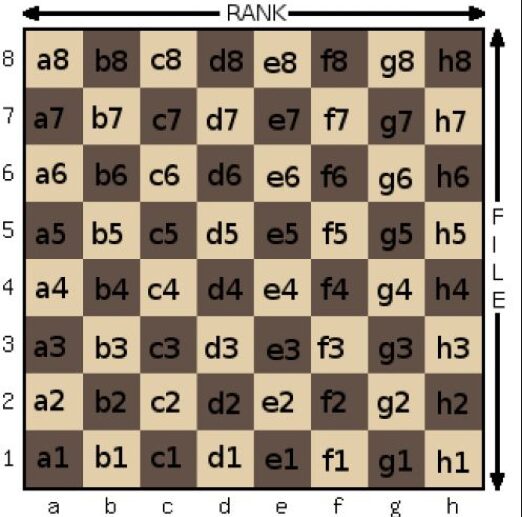In the last 18 months, we observed over 700 Puddletown training students and players very closely and created this playbook for how to improve your chess game and rating consistently.
Like everything else in life, you have to work hard. But that doesn’t mean you have to be miserable doing it. Check this out and let me know what else are you doing?
Primary learning/practice sources
- www.chess.com
- www.lichess.org
- www.chessable.com
- www.puddletownchess.org : Training, in-person tournaments, webinars, Arena tournaments, office hours
The Playbook
- SOLVE PUZZLES: Doing 30 minutes of puzzles everyday, on any of the sites above, will help sharpen your tactical vision and it’s the most important skill for a beginner or intermediate player to know
- PLAY PRACTICE GAMES: You should play practice games online because these are informative, low stake games that you can learn from, just as you would at a tournament! You don’t need to worry about your rating too much as it’s online, but even if you win or lose make sure to analyze your games thoroughly with or without an engine in order to spot your mistakes and bounce back as quickly as possible!
- Try to minimize blitz and bullet games: these are fun and beginners enjoy playing these but you make lots of bad mistakes because of the short time control.
- Prioritize rapid games: These are 10+ minute games
- Rapid is more beneficial as tournaments have longer time controls
- Play around 2-3 rapid games per day
- Don’t just go to the next game once you finish: ANALYZE IT whether you win or lose!
- Try to minimize blitz and bullet games: these are fun and beginners enjoy playing these but you make lots of bad mistakes because of the short time control.
- LEARN SIMPLE OPENINGS: Once you feel you are ready, you can learn some openings (for white and black). Learn these around 500+ USCF rating
- White: London System – a very solid and easy to learn/play opening that I recommend for all beginners and even advanced players!
- Black: you will need to study more for black since you are playing based on your opponent’s moves, but usually beginners play e4; the Scandinavian Defense is my recommendation as you can easily learn the ideas of the opening and get really nice positions
- Start exploring www.chessable.com books
- Some really good books there
- I can give you specific recommendations – Ask your parents to contact me via email puddletownchess@gmail.com
- They might have some sales during Black Friday or end of year.
- Ask your parents to upgrade your chess.com account – Gold level should be enough, around $50.00/year
- On lichess, puzzles are free
Puddletown Activities Advice to improve your chess rating
- Puddletown Training Students
- Attend all the live sessions and focus on all activities happening in class
- If you miss a class or two, it’s fine. Just request the recording and review ASAP
- Take the time to complete your homework and submit on time each week. Our coaches diligently give feedback and also review the homework in the next class.
- A bonus: Puddletown hosts Thursday office hours exclusively for our training students. This is another golden opportunity to spend more time with an experienced coach and get help with your homework!
- Tournaments: Join us at as many tournaments as possible. We do only monthly tournament
- And after each game, definitely take the time to analyze your game with one of the founders
- TIP: Try to meet with different founders so you get unique ideas and tips!
- Attend all our monthly webinars
- If you miss any, we will always send the recording later (as long as you register)
Other General Guidance
- If you dedicate 25 – 50 minutes every day to chess doing above activities, you will advance very well!
- Don’t work for prolonged periods of time without taking short breaks in between: this will cause you to not be at your full potential – Try taking a 5-10 minute break every 25 minutes of working
- If you are solving puzzles and get one wrong, don’t just go to the next one: that won’t help you improve. Instead, make sure to see why you got it wrong and what is correct . If you are not sure why your move is incorrect, you can always check with a chess engine
- Tilting in chess is very common: it’s when you lose a bunch of games in a row and you just can’t seem to snap out of it (usually blitz and bullet). If you wish to avoid this, then make sure to immediately stop playing after losing 2 games in a row and take a break. Try doing something else like solving puzzles




